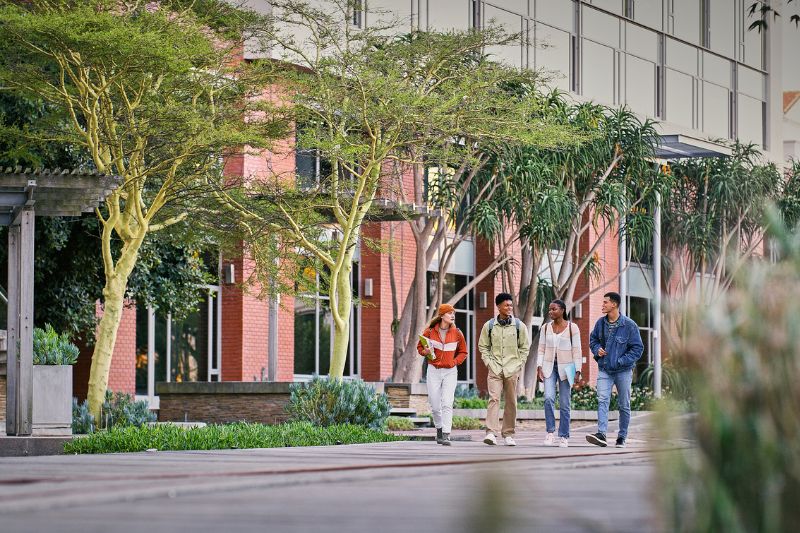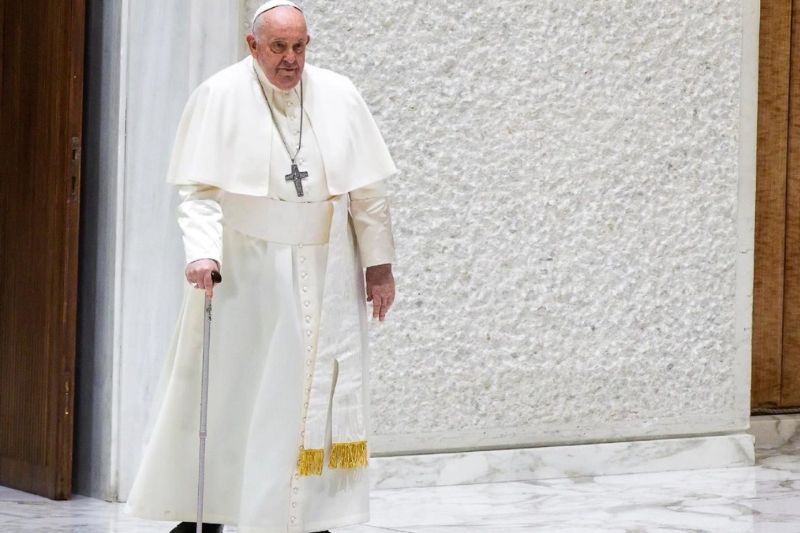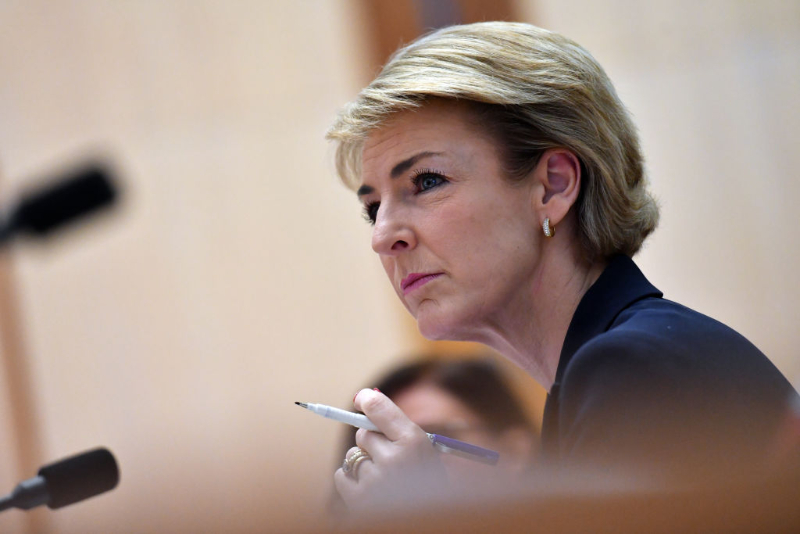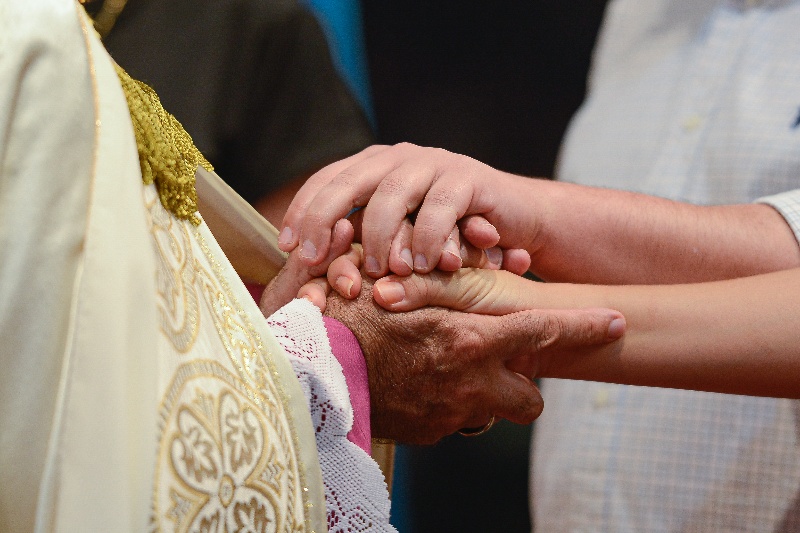Keywords: Same Sex Marriage
-

EDUCATION
- Erica Cervini
- 14 November 2024
4 Comments
At an ACU graduation event, students walked out in protest as Joe de Bruyn gave an address condemning abortion, single-parent IVF, and same-sex marriage. The event highlights tensions for Catholic institutions trying to balance traditional Catholic values while also embracing often opposing perspectives a diverse, pluralistic society.
READ MORE
-

RELIGION
In December, the Vatican issued ‘Fiducia Supplicans’ (‘Supplicating Trust’), licensing priests to bless partners in same-sex and other ‘irregular’ relationships (divorced and remarried couples, couples ‘living in sin’, etc ) when they are approached in good faith.
READ MORE
-

AUSTRALIA
- Frank Brennan
- 11 January 2022
2 Comments
It’s four years since the Australian Parliament amended the Marriage Act 1961 to provide that marriage means ‘the union of two people to the exclusion of all others’. The legislation followed the plebiscite on same sex marriage. To address the concerns of some religious groups, Prime Minister Malcolm Turnbull set up an expert panel chaired by long time Liberal Party minister Philip Ruddock to report on whether Australian law adequately protected the human right to freedom of religion.
READ MORE
-

AUSTRALIA
- Frank Brennan
- 17 November 2021
63 Comments
It’s four years since the Australian Parliament amended the Marriage Act 1961 to provide that marriage means ‘the union of two people to the exclusion of all others’. The legislation followed the plebiscite on same sex marriage. To address the concerns of some religious groups, Prime Minister Malcolm Turnbull set up an expert panel chaired by long time Liberal Party minister Philip Ruddock to report on whether Australian law adequately protected the human right to freedom of religion.
READ MORE 
-

RELIGION
The opening line of John Paul’s encyclical is memorable: ‘Faith and reason are like two wings on which the human spirit rises to the contemplation of truth.’ The recent pronouncement by the Vatican’s Congregation for the Doctrine of the Faith (CDF) on the blessing of same-sex unions certainly had people assessing its reasonableness as a so-called ‘deposit of faith’.
READ MORE 
-

RELIGION
- Neve Mahoney
- 20 June 2019
22 Comments
'Male and Female He Created Them' could have addressed how Church teachings could better coexist with LGBTQI+ experiences to benefit LGBTQI+ students. But that can't work if the document's authors don't listen to LGBTQI+ voices and when the foundational argument is to problematise LGBTQI+ people's existence.
READ MORE 